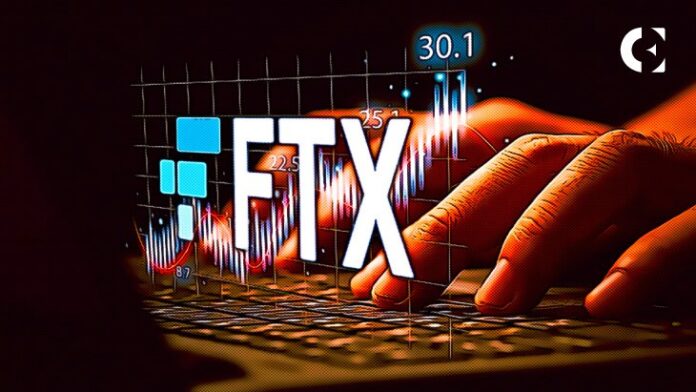- SBF agreed to transfer FTX’s account from Alameda to North Dimension.
- AUSA questioned SBF on using auto-delete settings during conversation with lawyers.
- The embattled former CEO appeared coy and indirect in his responses.
The former CEO of the defunct FTX crypto exchange, Sam Bankman-Fried (SBF), agreed that FTX transitioned from a bank account with Alameda in its name to North Dimension because banks wanted to avoid crypto hedge funds. SBF was acknowledged during his cross-examination by Assistant U.S. Attorney Danielle Sassoon.
AUSA Sassoon grilled SBF about his conversations with FTX lawyers about using the auto-delete setting on the Signal messaging app. The embattled former CEO appeared coy with his answers and provided indirect replies. For instance, when asked if he told employees to have specific discussions only on Signal, SBF replied, “Not specifically.”
On several occasions, SBF replied to the assistant attorney’s questions with another question or rephrased them before answering. His approach to the cross-examination prompted U.S. District Judge Lewis Kaplan to remind him to “listen to the question and answer the question directly.”
Kaplan noted that SBF had an “interesting” way of responding to questions and considered that a problem in the litigation proceedings. SBF hedged his answers and took long pauses before answering many of them on several occasions.
SBF argued that some of the issues that the prosecutor considered elements of fraud were either regular industry practices or formalized with his legal team. He noted cases like keeping all FTX customer funds in one big bank account, allowing his cryptocurrency hedge fund Alameda Research to have a negative balance on the exchange, taking millions of dollars in personal loans from the company, and auto-deleting messages, among the issues raised.
The former CEO testified that a scenario could arise where customers’ funds could serve as collateral for a massive loss. According to him, that depends on Alameda’s role as a payment processor and stablecoin converter on FTX and the payment agreement between Alameda and FTX.
Disclaimer: The information presented in this article is for informational and educational purposes only. The article does not constitute financial advice or advice of any kind. Coin Edition is not responsible for any losses incurred as a result of the utilization of content, products, or services mentioned. Readers are advised to exercise caution before taking any action related to the company.










